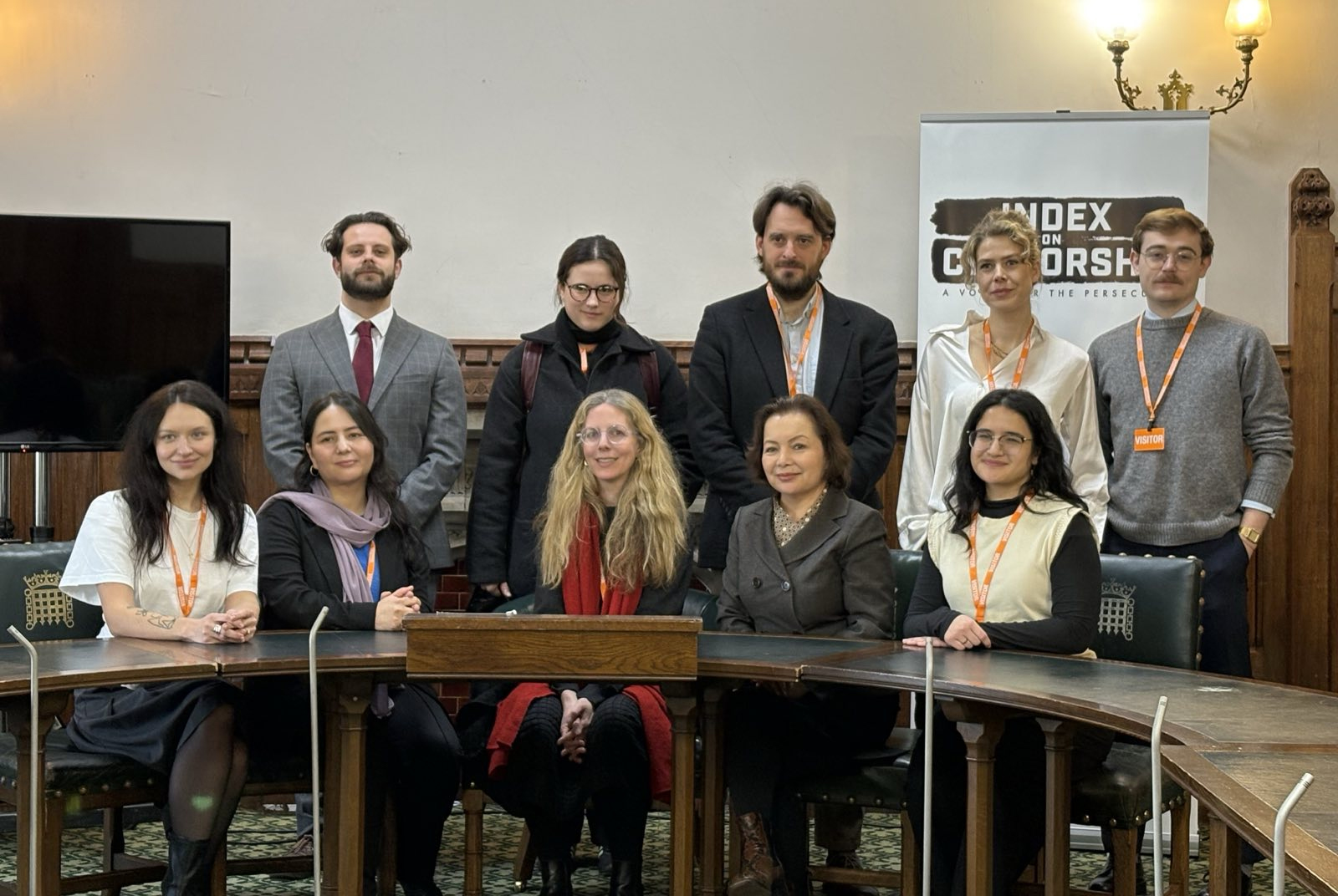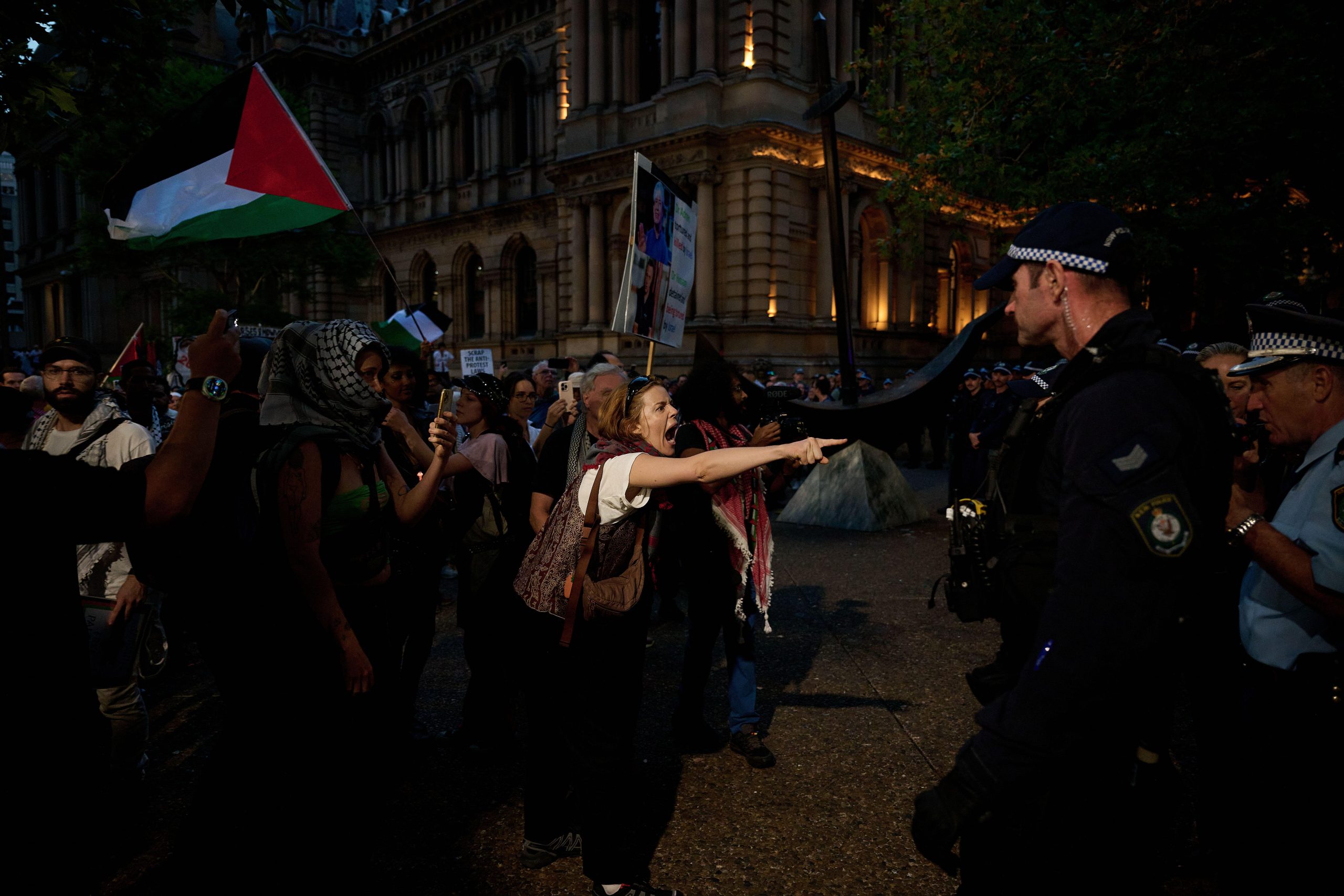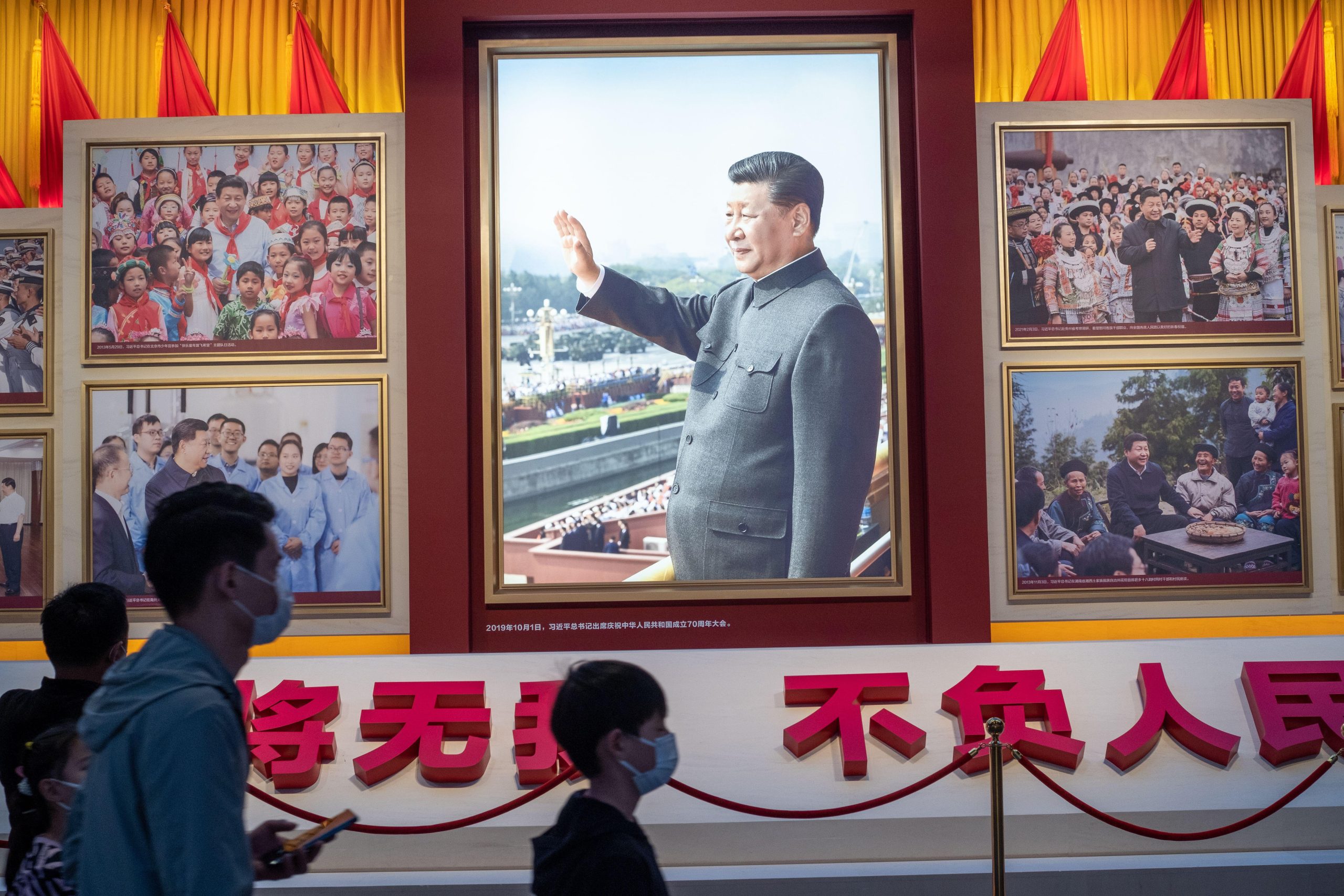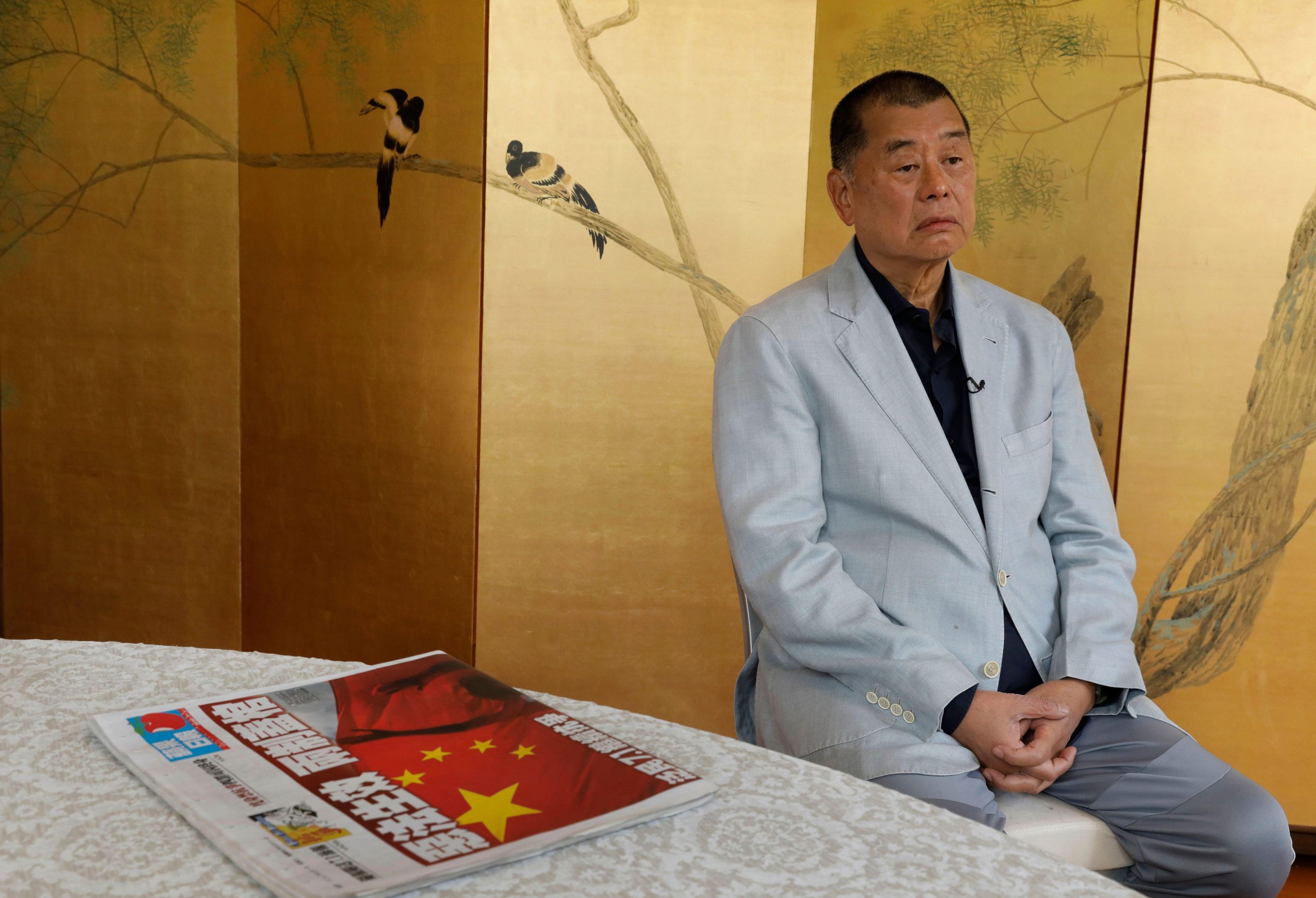Authoritarianism has grown stronger all over the world, and the space for free expression has shrunk. Journalists, writers, and activists are being silenced simply for speaking the truth. Many face threats, arrest, or violence at the hands of those in power.
In Afghanistan, since the Taliban returned to power, freedom of expression has nearly disappeared. Independent journalism is no longer possible. In today’s Afghanistan, expressing your opinion, especially if you are a woman, is not just discouraged, it is dangerous. If you criticise the Taliban’s policies, you are certainly destined for jail.
Over the past four years, thousands of Afghans, including many journalists, have been forced to flee, have been imprisoned or tortured, or have fallen completely silent out of fear.
This is a clear violation of international human rights laws, which recognise freedom of expression as one of the foundations of a just and democratic society. But across the world, censorship is on the rise. The list of people imprisoned for writing an article, attending a peaceful protest, or posting something critical online keeps growing. Many of these individuals have sought safety in Western countries.
Unfortunately, with Donald Trump’s new administration, immigration policies, particularly in the USA, have become much stricter. As a result, fewer at-risk journalists and writers are being offered asylum, even when their lives are clearly in danger.
The UK remains one of the countries that continues to offer refuge to some of these individuals. But the need is much greater. I urge the UK government to expand its support and provide real protection for those forced to flee their countries for telling the truth.
Every journalist, writer, professor, or activist who finds safety in a democratic country carries with them the voice of many others left behind. Protecting these voices is not just a humanitarian act, it is a defence of truth, history, and freedom itself.
I am one of those journalists. I once worked freely in Kabul, reporting stories and raising awareness of issues. But when the Taliban regained power in 2021, I had no space in my own hometown. As a woman and a journalist, it was a double danger. When journalists started being arrested, tortured, or forced into hiding, I realised I had no choice but to leave. Escaping was painful but staying meant silence – or worse.
Now, I live in the UK. This country not only gave me shelter but also allowed me to raise my voice again. Here, I can write, interview, and speak freely. I can be a voice for those women whose rights and voices have been brutally taken away.
Giving refuge to at-risk journalists is not just about saving individuals, it is about defending the values of democracy and free speech. Countries like the UK show they stand for these values not just in words but through real action.
By welcoming journalists like me, the UK has shown it respects truth, protects the vulnerable, and supports future generations who dream of justice. I may live far from home, but I am still working every day to amplify the voices of Afghan women and girls living under oppression.
Sadly, many Afghan journalists are still trapped in countries like Iran and Pakistan. They live in uncertainty, without freedom, without work, and without hope. If the world ignores them, their voices, and their stories, may be lost forever.
We must not forget that in any society, freedom of expression allows people to ask questions, challenge power, and share new ideas. It leads to innovation, growth, and justice. As the British philosopher John Stuart Mill said in his book On Liberty, freedom of speech is essential to personal development and social progress. Through open debate, we find truth and correct our past mistakes.






